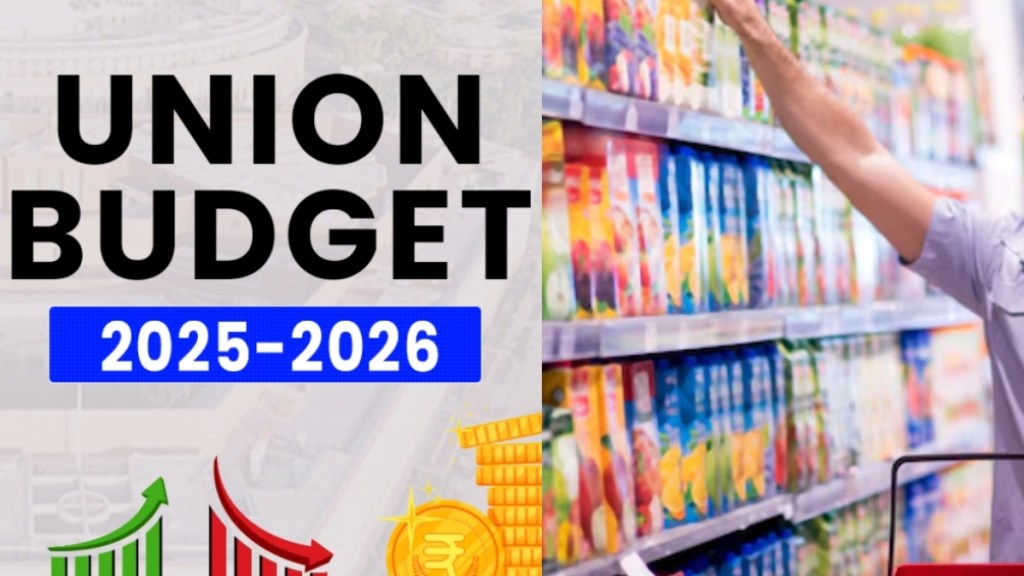The significant income tax cut announced in the Union Budget will aid consumer spending, but only in parts, as the middle class is likely to utilise the extra money in hands to pay off loans, save and invest, some of the country’s top consumer goods companies say.
Suresh Narayanan, chairman and MD, Nestle India, said that he sees about 50% of the tax savings being spent on essential and discretionary purchases.
“This is an optimistic assessment. But some relief is better than no relief,” he said. “The Budget enhancement of minimum taxable income from `7 lakh to `12 lakh is a welcome step. But the relief will go towards enhancing savings or paring debt. Some portion may go towards consumer spending,” said Narayanan, who was among the first FMCG CEOs to flag a shrinking middle class in October last year.
Tax experts have indicated that about a third of the tax relief, estimated at `1 lakh crore, could go into consumer expenditure and the rest into savings and investment. Moreover, the spectre of rising food inflation and stagnant wage growth could also eat into consumer spending as the middle class seeks to conserve its financial resources for the future.
“Inflation is a real concern for the middle class and something that will have to be monitored closely, even as the finance minister has put more money in the hands of consumers,” Mohit Malhotra, chief executive officer (CEO), Dabur India, said.
In Mumbai, for instance, where public transport is common, the minimum auto and cab fares have been raised by `3 each beginning Saturday, which is expected to hurt the middle class. Retailers and shop owners that FE spoke to said that commercial transporters may also increase their fares this month, which could have a cascading impact on the price of goods and services in the city.
FMCG companies, on the other hand, have already indicated that they will continue to take price hikes amid rising input costs to protect margins. The price of most everyday items such as soaps, shampoos, biscuits, edible oils and hair oils have been raised between 5-22% in the December 2024 quarter.
Tarun Arora, CEO and whole-time director at Zydus Wellness, the maker of the Complan, SugarFree and Glucon-D brands, said he sees consumers assessing their needs carefully before utilising the tax savings for discretionary or essential purchases.
“The income tax cuts are significant and will definitely give middle-class consumers the room to manoeuver. Having said that, most will assess what are their immediate requirements and how much should go towards it and how much should be saved. This will be visible once the extra money begins to come into their hands,” Arora says.
Experts say that the tax relief measures announced in the Budget will be visible in the new financial year, starting April 2025. Companies may see a spike in spends from the first quarter of FY26, though an official from a retail industry body warns that the full impact of the tax relief could be visible with a lag.
“The income tax cuts will help to some extent in terms of a revival in urban demand. Households will keep a firm eye on their savings and may need a little more confidence to go out and spend,” he said.

